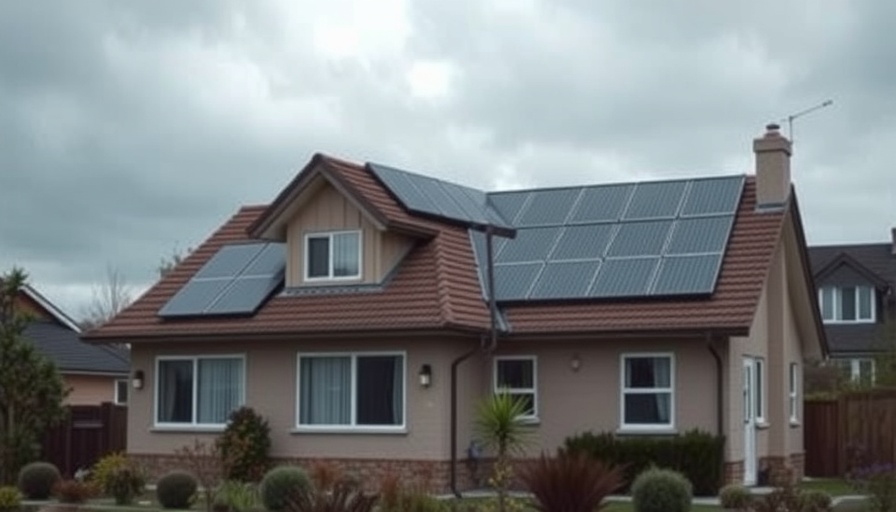
Understanding the Role of Smart Batteries in Sustainable Energy
As businesses increasingly turn towards renewable energy solutions, the use of solar panels has become a fundamental strategy for reducing dependence on traditional electricity sources. The integration of smart batteries significantly enhances these efforts, allowing companies to store excess solar energy and utilize it efficiently. Understanding how these systems work can greatly benefit both the organization and the planet.
Explore the Advantages of Solar Power
Before diving into the specifics of smart batteries, it’s essential to recognize the numerous advantages of solar panels. By generating self-produced electricity, businesses can drastically lower their energy costs—every kilowatt-hour generated feeds back into savings. Moreover, switching to solar energy contributes substantially to reducing carbon emissions, aligning corporate practices with sustainability goals. With various incentives and subsidies available, including leasing options for solar panels, companies can gain all the benefits of solar energy while minimizing their initial investments.
How Smart Batteries Enhance Energy Flexibility
The phenomenon of network congestion is a pressing issue faced by many businesses. This occurs when energy demand spikes exceed supply capabilities during peak hours. To combat this, smart batteries offer a practical solution. By storing solar energy produced during periods of low demand, companies can access this power during high-demand moments without relying on expensive energy from the grid. For example, if energy is generated on a sunny Saturday but not utilized, a battery can store this energy for later use, reducing dependence on grid power and preventing costly downtime.
Efficient Use of Peak and Off-Peak Moments
With smart battery systems, companies can leverage their solar-generated electricity more effectively. During the day, when solar energy is plentiful, businesses can accumulate power to be used later during evening spikes when energy demand peaks. This flexibility not only helps to flatten the demand curve but also reduces costs related to energy procurement during high-demand periods where prices are generally higher. By managing energy consumption smartly, businesses can maximize their resource outputs, optimize energy efficiency, and mitigate potential operational disruptions.
The Economic Benefits of Smart Battery Integration
Integrating smart batteries within energy management systems not only contributes to environmental objectives but can also lead to significant cost savings. The ability to store and utilize solar energy reduces reliance on fluctuating energy prices and helps cushion businesses against the rising costs of electricity. Moreover, the smart management of energy can enhance overall operational efficiency, enabling companies to allocate saved costs towards other initiatives or improvements, strengthening the business's financial health.
Final Thoughts on Sustainable Energy Solutions
The integration of smart battery technology represents a critical advancement in how businesses can utilize solar power effectively. By overcoming barriers such as network congestion and maximizing the benefits of generated power, companies can secure their operations against energy market volatility while contributing positively to the environment. Adopting such technologies ensures that businesses are not merely consuming energy but are part of a larger, sustainable energy solution.
As interest in energy sustainability grows, it's crucial for businesses to stay informed. The combination of solar panels and smart batteries might be the key to unlocking a more energy-independent and financially solvent future.
 Rij toevoegen
Rij toevoegen






 Rij toevoegen
Rij toevoegen



Write A Comment